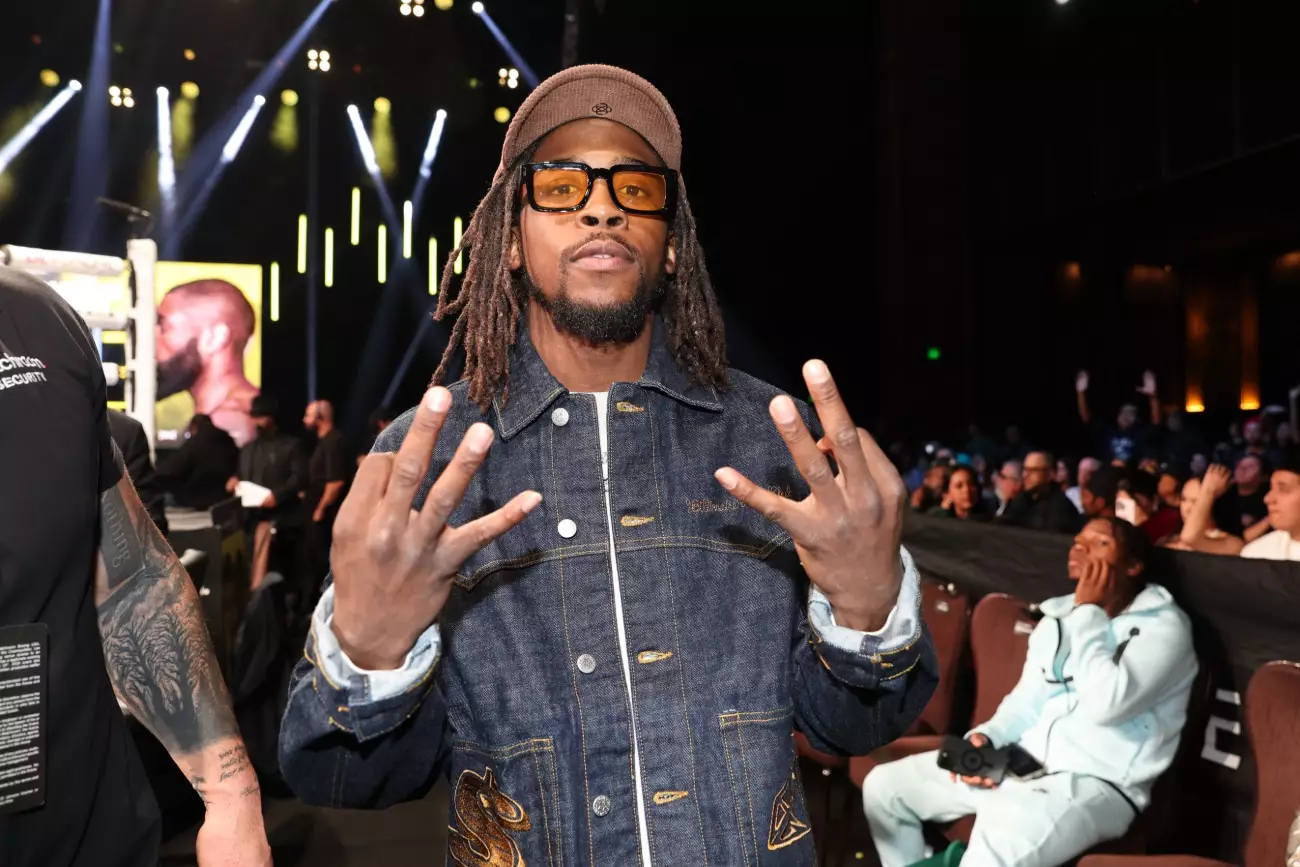Keyshawn Davis, a rising star in the boxing world, recently made waves by expressing his disinterest in revisiting his earlier losses to Cuban fighter Andy Cruz. Unlike many athletes who feel compelled to settle the score and avenge defeats from their amateur days, Davis seems more focused on his current trajectory—one that he believes has set him apart from Cruz. With a professional record of 12 wins and 8 knockouts, Davis asserts that he is on another level than Cruz, who has only five professional matches under his belt. This stance invites scrutiny and mixed reactions from fans and analysts alike.
Davis’s dismissal of Cruz has sparked controversy, with some fans labeling him a hypocrite. They argue that if he wants the boxing community to recognize his prowess and push for high-profile fights against established names like Gervonta Davis, he should be willing to confront those who have previously outperformed him. By sidelining Cruz, Keyshawn appears to be creating a dual standard—one where he demands recognition while downplaying Cruz’s achievements. This criticism raises questions about the nature of competition in boxing and whether a fighter’s past should influence their current ambitions.
In a strategic mindset, Davis’s immediate focus is on the upcoming bout set for February 14th, where he aims to capture the WBO lightweight title from Denys Berinchyk. This fight presents a potential turning point that could elevate Davis to new heights within the boxing hierarchy. He openly shares aspirations of using this title to pave the way for a future unification fight with Gervonta Davis—a matchup that promises to be a significant event in the boxing calendar. His willingness to engage in high-stakes battles demonstrates an understanding of boxing’s promotional landscape and the importance of seizing opportunities.
Despite the controversies surrounding his relationship with Cruz, Davis remains determined to carve out his own legacy. Eddie Hearn’s plans for Andy Cruz, aimed at positioning him for an IBF title shot while avoiding a premature clash with top-tier competitors like Shakur Stevenson, add another layer to the competitive dynamics. Here, we see the business side of boxing entwined with athletic ambitions. Davis’s strategy plays into this, as he cautiously sidesteps potential setbacks while keeping an eye on the lucrative opportunities that may arise from his successes.
Ultimately, Keyshawn Davis stands at a pivotal juncture in his career, firmly asserting his belief that his future lies in new challenges rather than dwelling on past losses. His emphasis on financial sensibility regarding a potential bout with Cruz reflects a calculated approach to boxing—a sport where timing, opportunity, and marketability often dictate success. As he prepares for upcoming fights and contemplates future matchups, Davis embodies the modern athlete who seeks to redefine narratives while methodically building a championship legacy. The boxing world will be watching closely as he continues to navigate the complex interplay of rivalry, ambition, and strategy.

